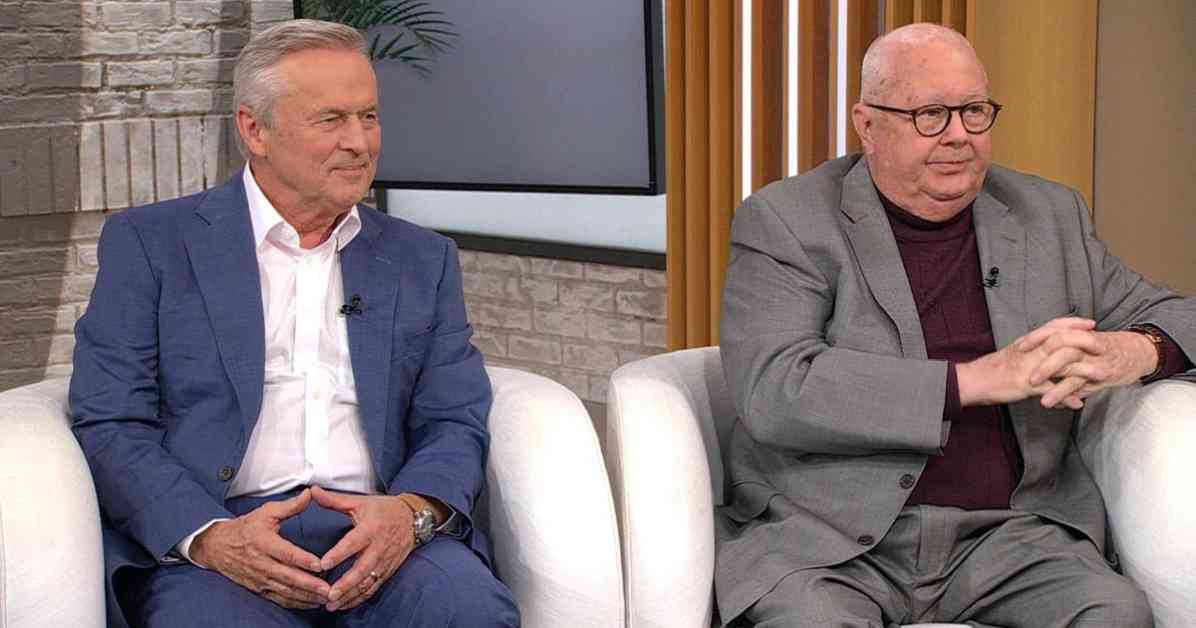Robert Roberson was set to be executed in Texas, but the state’s Supreme Court stopped the execution. This decision has sparked a conversation about the death penalty, with well-known figures like John Grisham and Jim McCloskey speaking out against it. In their new book, “Framed,” they bring attention to 23 cases of wrongful convictions, showing the flaws in the justice system.
Grisham and McCloskey’s advocacy for ending the death penalty is based on their belief that the system is flawed and can lead to innocent people being put to death. They argue that there have been numerous cases where individuals have been wrongly convicted and sentenced to death, only to be later exonerated.
The case of Robert Roberson is just one example of how the justice system can make mistakes. He was convicted of murder, but new evidence has come to light that casts doubt on his guilt. The Texas Supreme Court’s decision to halt his execution shows that there are still questions about his case that need to be answered.
In “Framed,” Grisham and McCloskey shine a light on the problems with the justice system that can lead to wrongful convictions. They hope that by bringing attention to these cases, they can help prevent future miscarriages of justice.
The issue of the death penalty is a complex and controversial one. Supporters argue that it serves as a deterrent to crime and provides justice for victims and their families. However, opponents like Grisham and McCloskey believe that the risks of executing innocent people far outweigh any potential benefits.
As the debate over the death penalty continues, cases like Robert Roberson’s serve as a reminder of the need for a fair and just legal system. Grisham and McCloskey’s work in highlighting wrongful convictions is an important step towards ensuring that justice is truly served for all individuals involved in the criminal justice system.























